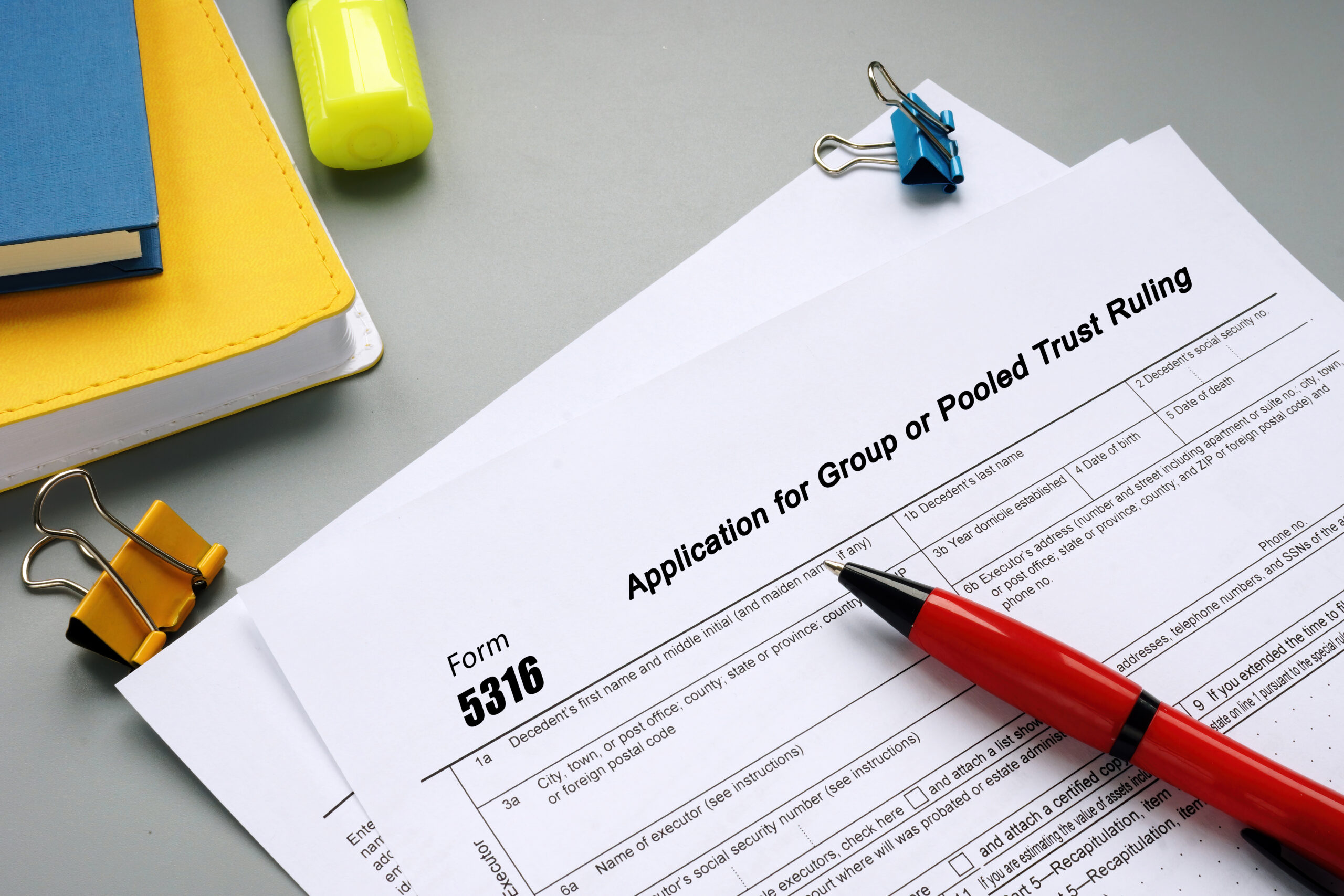Guardianship Attorney in Houston and Surrounding Areas
Becoming a Guardian
If you aspire to assume guardianship for an individual unable to self-care due to physical or mental incapacity, the initial step involves petitioning the probate court, supported by a qualified physician’s letter.
Guardianship proceedings are intricate, involving various participants and complexities. To navigate this, seeking guidance from a Houston guardianship attorney is strongly recommended. The Applicant, aspiring to be named Guardian of the Person and/or Guardian of the Estate of the Proposed Ward, undergoes a background check and meets Texas law eligibility criteria. Recent legislation mandates pre-hearing training for Applicants.
The Proposed Ward, along with the allegedly incapacitated person, encounters several visitors in a short timeframe, wherever they reside – be it in the Applicant’s home, an assisted living facility, or even their independent dwelling. The constable serves personal service to notify the Proposed Ward of the docketed guardianship case. The court-appointed attorney ad litem, along with the probate court’s investigator, makes appearances at different stages. In an uncontested case, these may suffice; however, in contested cases, a Guardian Ad Litem intervenes.
The attorney ad litem, an independent court-appointed lawyer, delves into the claims presented in the Application, advocating for the Proposed Ward. Following appointment, an Answer is filed to make a formal appearance, and a physical meeting with the Proposed Ward ensues, involving inquiries to assess their situation.
Instances where the Proposed Ward appears capable of self-management, vehemently objects to the Applicant as their Guardian but accepts the need for guardianship, or when concerns arise, prompt the attorney ad litem to seek a guardian ad litem’s appointment. Notably, the attorney ad litem represents the Proposed Ward’s wishes, while the guardian ad litem pursues what is deemed in the Proposed Ward’s best interest.
The Guardianship process
The process in an uncontested case typically goes as follows:
- The proposed ward will be evaluated by a qualified physician in order to verify that they are incapacitated and the physician’s certificate will then be public record once filed along with the Application.
- The proposed guardian’s attorney will file an application for guardianship with the proper court and the proposed ward must be personally served with the application.
- The Court will appoint an independent attorney ad litem.
- The proposed guardian must pass a background check and not otherwise be disqualified by law.
- Potential interested parties (such as siblings and other relatives of the proposed ward) must be notified of the docketed application.
- The proposed guardian must complete training before a hearing.
- Both the proposed guardian and the proposed ward (if medically possible) will need to appear in court, along with their respective attorneys.
- During the hearing the record must detail why the proposed ward needs a guardian, why you are fit to serve as the guardian, and that less restrictive measures have failed to protect the Proposed Ward.
Upon being appointed as the guardian of the proposed ward following the hearing, you are obligated to legally commit to fulfilling the required duties. These responsibilities span from providing a physical home for the ward to ensuring proper medical care and managing the ward’s personal finances. After the hearing, a brief period is allotted for agreement, followed by the necessity to post a bond to obtain the Letters of Guardianship, which remain valid for up to 16 months.
These letters necessitate periodic renewal, and it is imperative to keep the court informed of any changes in address or essential information. Additionally, regular filing of accountings and reports is mandatory. Failure to comply with these requirements can lead to not only civil complications, resulting in the removal of the guardian, but also potential criminal repercussions.
In Texas, a guardianship is a court-established relationship aiding an incapacitated person, known as a ward, with the assistance of a named guardian. This legal bond is essential for those in need, ensuring proper care and support under the guidance of the appointed guardian.
Who Can Create a Guardianship?
Guardianship creation is a sole prerogative of the court, devoid of online forms for individual use without court approval. The Court endeavors to strike a delicate balance, ensuring the ward’s needs are met by the guardian while preserving the ward’s independence to the maximum extent possible.
As per the Texas Estates Code, an incapacitated person, due to physical or mental conditions, is defined as substantially unable to self-sustain in terms of feeding, clothing, sheltering, caring for physical health, or managing financial affairs. Given that the guardianship process involves relinquishing certain decision-making rights, courts approach it with utmost seriousness, withholding guardianship unless substantial evidence is presented.
What is the Role of a Guardian?
The guardian’s primary role is safeguarding the ward and their estate within the limits set by the court. It’s crucial to understand that a guardian’s powers and responsibilities are circumscribed by the court, barring any action not expressly authorized at the time of appointment.
Should the ward’s capacity further diminish, the guardian can seek a subsequent court order for expanded capacities. As a court-appointed figure, the guardian is mandated to provide annual reports to the court on the ward’s health, welfare, and estate. Detailed records of actions or financial transactions conducted on behalf of the ward must be maintained.
Contrary to a common misconception, a guardian is not held responsible for the ward’s misdeeds unless individually liable. Furthermore, a guardian is not obligated to utilize personal finances for the ward’s care, reinforcing the boundaries set by the court.
How Can I File for Guardianship Over an Adult?
When initiating an application for guardianship over an adult, the filing location options include (1) the county where the proposed ward is situated; (2) the county of the proposed ward’s current residence during the application; or (3) the county holding the principal estate of the proposed ward. For guardianship of a minor, the application is appropriately filed in the county where the parents reside or where the primary custodial parent resides.
In smaller counties, the county court typically manages guardianship applications. Conversely, larger counties like Harris, Bexar, Travis, and Dallas often feature a designated probate court for such applications. Generally, the initial court maintains jurisdiction throughout the guardianship until its closure. However, if the ward relocates, the guardianship can be seamlessly transferred to the new county or state of residence.
Upon filing an application for guardianship, the court assigns an attorney ad litem to advocate for the ward. This legal representative adheres to duties outlined in the Texas Estates Code, including pre-hearing meetings with the ward and proposed guardian to offer legal insights, obtaining medical history from the applicant’s attorney, interviewing key witnesses, ensuring proper service to the ward, overseeing procedural compliance, and staunchly advocating for the best interests of the proposed ward.
If you want to file for guardianship over an adult in Texas, contact the guardianship lawyer at Stepp Law PLLC.
What Happens During a Guardianship Hearing?
During the guardianship hearing, the proposed guardian is tasked with providing testimony on the proposed ward’s incapacity and the extent of their needs for guardianship. Essential elements include presenting the ward’s medical records and a dated letter and report from a medical professional within 120 days of the hearing, supporting the necessity of guardianship.
Simultaneously, the guardian ad litem offers a summary of their investigation, passionately advocating for the proposed ward’s best interests. The court may request a written report from the attorney ad litem on the ward’s best interests. Post-hearing, the court decides to either approve the guardianship, issuing a detailed order appointing it, or deny the application.
Upon court approval, the newly appointed guardian is likely mandated to file a bond, accompanied by taking and filing an oath to faithfully fulfill their duties in the ward’s best interest. Subsequent approval of the oath and bond prompts the court clerk to issue Letters of Guardianship, evidencing the court’s appointment and notifying of the guardian’s authority to act for the ward. Although the letters expire after one year and 120 days, annual renewal by the court is possible.
Contact Our Experienced Guardianship Lawyer
You can see from the above that it is important that you hire a very well qualified and experienced guardianship attorney such as those at Stepp Law PLLC to represent you should you wish to become a loved one’s guardian. Give our Houston guardianship attorneys a call at 713-336-7200 or fill out our contact form.
Related Resources:
Harris County Probate Courts: Guardianship of the Person and Estate Handbook














